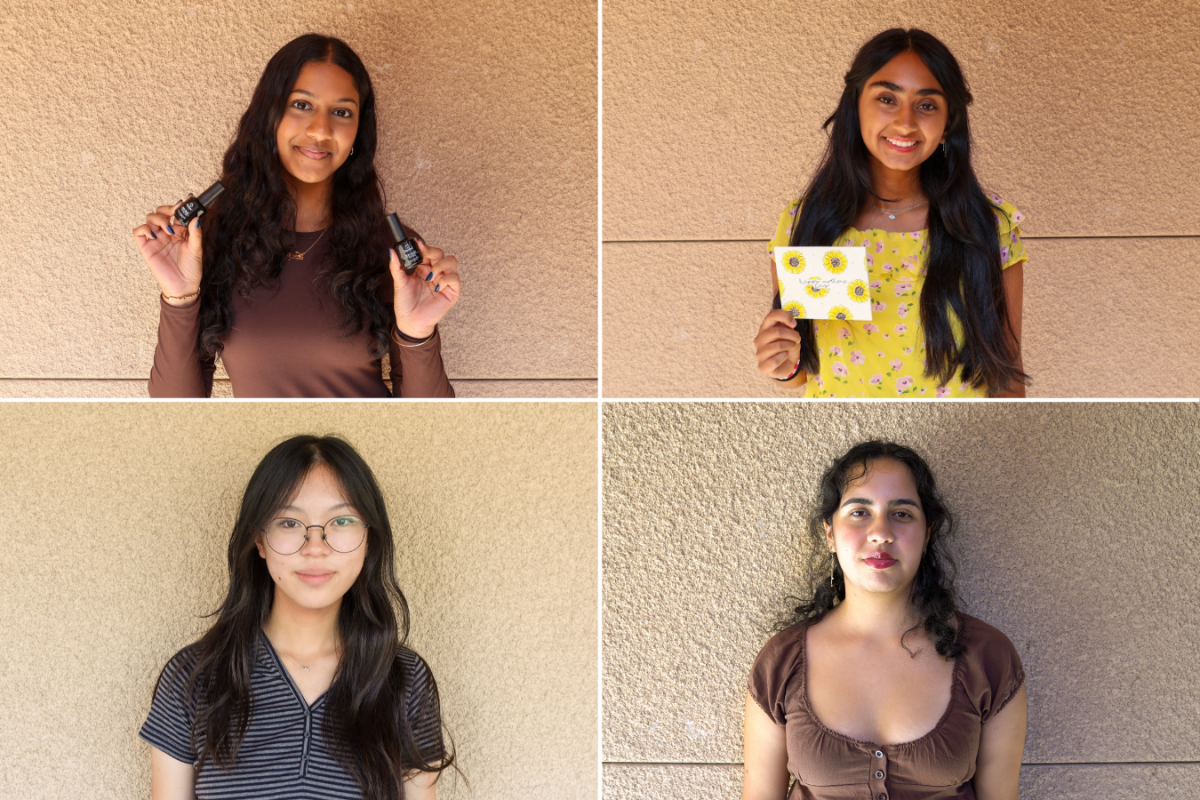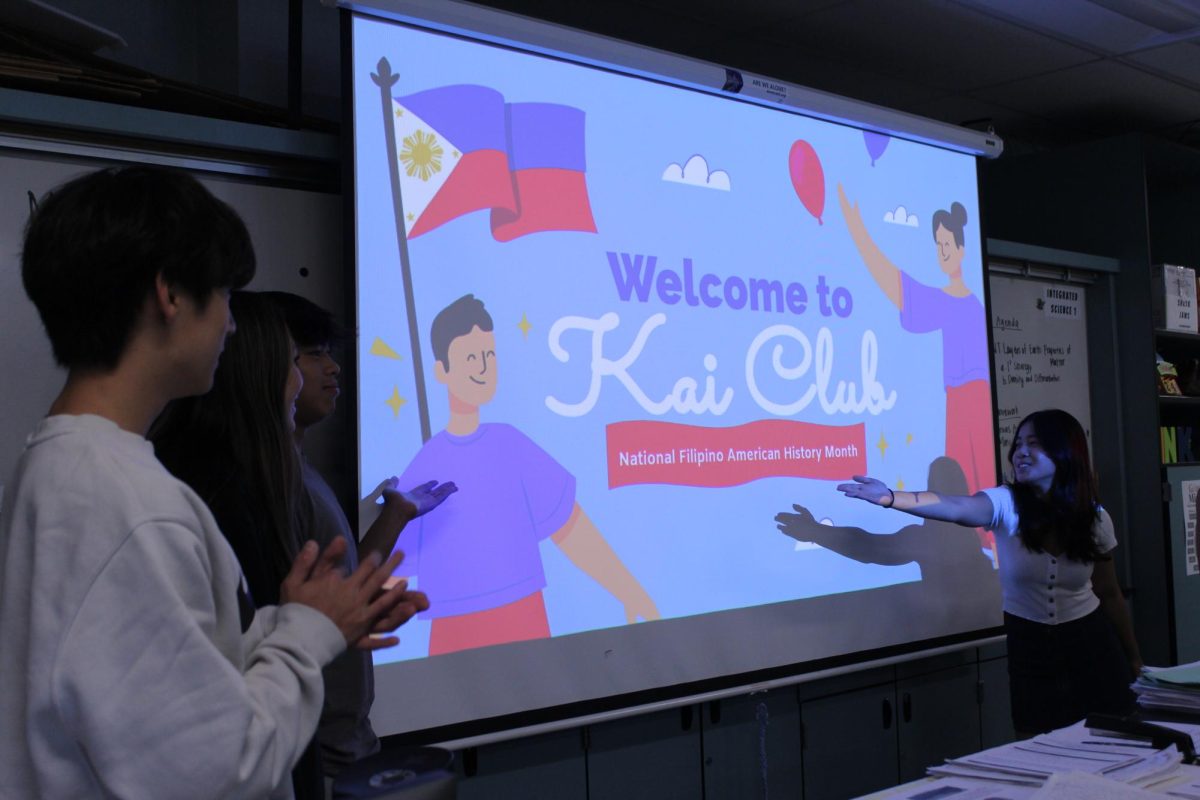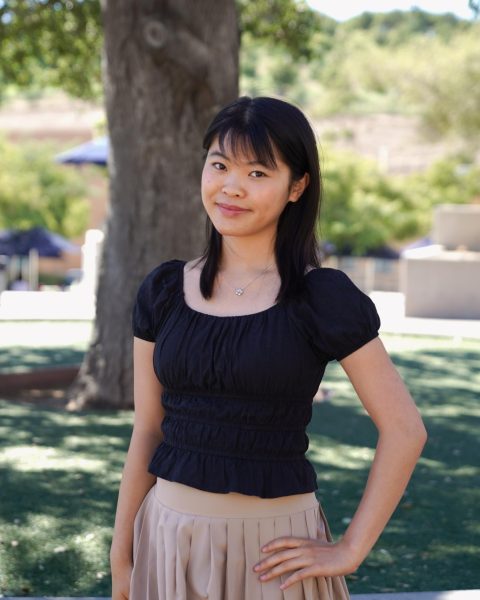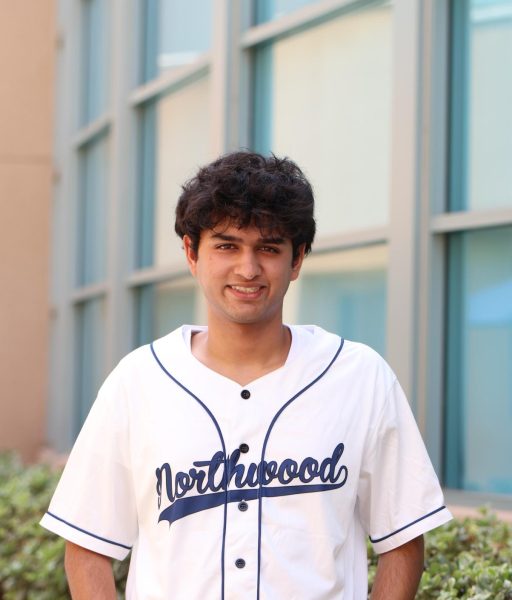It’s no wonder that Filipino Americans carry an extensive history of resilience and diversity in Southern California. After all, Los Angeles County is home to the second-largest concentration of Filipinos in the world. Throughout October, the Filipino American community at Northwood celebrated this rich history in honor of Filipino American History Month.
“Filipino Americans have made many contributions that I don’t think many people recognize,” senior Celine Francisco said. “They have fought against discrimination, injustices, labor inequalities and will continue to contribute to America’s history.”
Filipino American History Month was established by the Filipino American National Historical Society in 1992 to commemorate the first recorded arrival of Filipinos in the continental U.S. and honor their legacies, contributions and culture. However, it took years of advocacy efforts for the celebration to be formally recognized by Congress in 2009.
While the history of Filipino Americans dates back to the 16th century, mass migration from the Phillipines to the U.S. largely began after the Philippines was colonized in 1898 and again after World War II. From farmers and plantation laborers to groundbreaking thinkers, artists, athletes and nurses, members of the Filipino American community have been inspirational changemakers for centuries.
“My family is from the city of Quezon, and they left during World War II as refugees after Japan began their invasion of the city,” music student teacher Cole Quizon said. “Some of my family did not make it and unfortunately became casualties of war. However, my grandfather and five of his brothers, who were all highly respected doctors in the Philippines, had to start from the ground up once they settled in Michigan.”
This month not only honors their contributions to the workforce but also their cultural legacy. Like many other communities across the globe, family gatherings are an integral part of Filipino American culture.
“Not only do we always have karaoke at our family gatherings, we also love to dance,” Francisco said. “I remember watching my uncle and aunt perform a traditional bamboo dance known as ‘Tinikling,’ and my entire family danced and cheered along with them.”
The community also takes pride in their vibrant culinary scene. Dishes like adobo, which is traditionally made with chicken or pork stewed in vinegar, soy sauce and various spices, are a source of comfort and nostalgia for many Filipinos.
“Nothing can beat my Lola’s famous adobo, which is a bit untraditional since she tried to make my dad eat healthier when he was little by adding broccoli to the stew,” Francisco said. “So every time she made adobo for me, the first thing I would do is sop up the vinegar and soy sauce with a piece of broccoli and suck on the sauce until I got hungry for the broccoli itself.”
These cultural traditions and heartfelt stories are the core of Northwood’s Kai Club, which organizes activities and events to celebrate the Filipino American community.
“Kai Club’s mission is to create a fun and welcoming environment for both our Filipino and non-Filipino friends,” Kai Club president senior Jaelynn Mitra said.
Kai Club’s goal of building friendships and spreading compassion promotes cultural appreciation and cultivates belonging on campus. To honor Filipino American History Month, Kai Club is planning a non-school affiliated bonfire, which they will share more information about at their club meetings on Fridays in Room 1423.
“Having a strong Filipino American community at school is important for our representation, equality and sense of belonging,” Francisco said. “It makes me so excited when I get to meet fellow kababayans and connect with them through our culture.”





















































